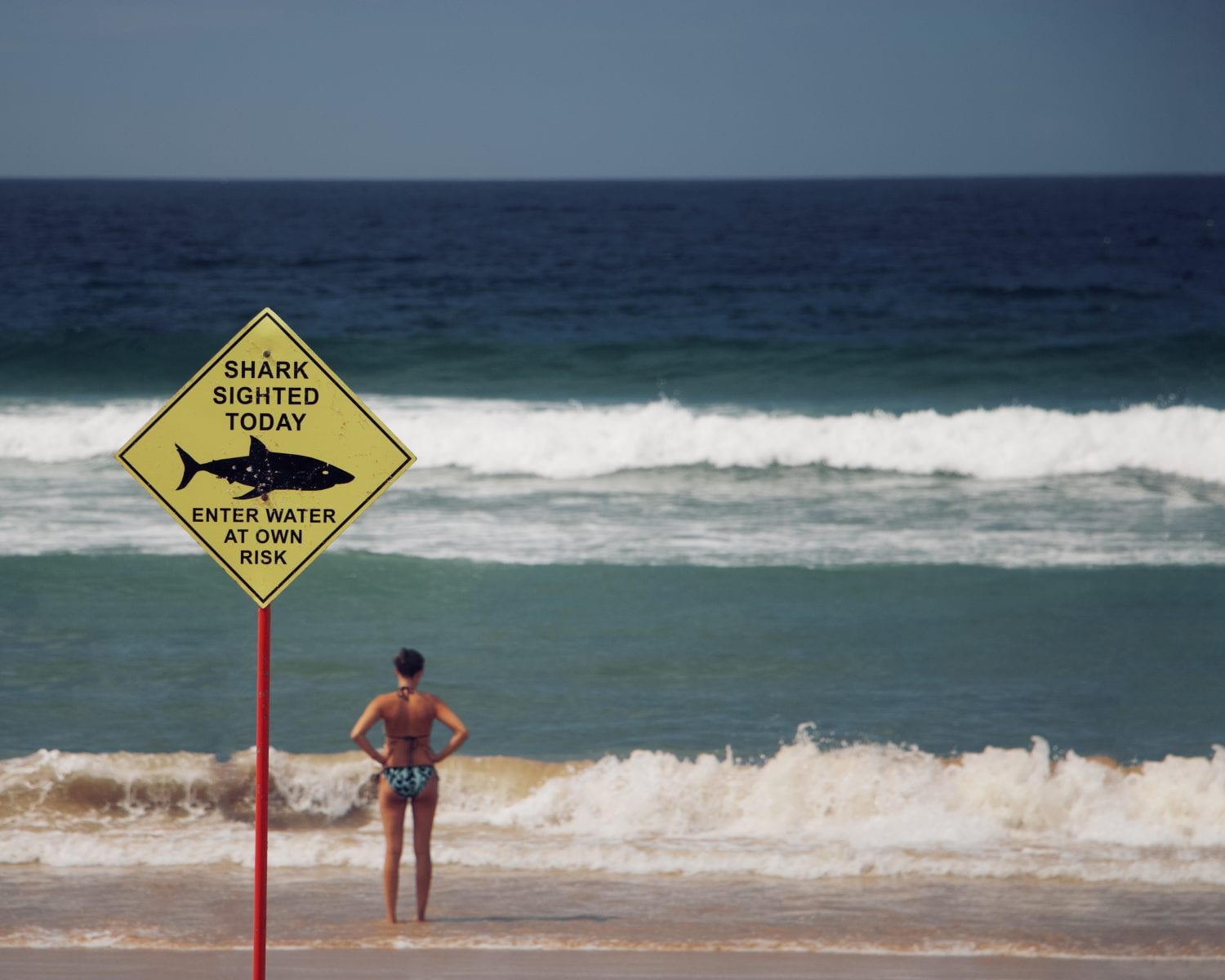
Everyone feels frightened from time to time, especially young children. Let’s face it. There are some pretty frightening images on television and in newspapers and magazines, not to mention online. So, let’s talk about how to handle the fears of the children in our lives, whether they are our children, grandchildren, godchildren, nieces, nephews – whatever.
What should you do if your child becomes terrified of the water, or of going to the doctor, or shows fearful or aggressive behavior that you hadn’t noticed before? First, don’t panic. Fears surface normally during several stages of child development.
Reassure your children patiently and affectionately about themselves as well as the feared object or person. Let them know you understand how they feel, and that it’s OK to feel that way. Hold the line on reasonable discipline and clear limits, reminding them of the reasons for these limits and help them understand that learning to control our behavior in acceptable ways is a process that takes plenty of time.
Tell them about how you or others in the family deal with fearful or aggressive feelings, and help them begin to express themselves and understand why they feel the way they do. Make sure each knows that in case of real danger, you will do your best to keep them safe. In doing so, you will be establishing valuable patterns for sharing the inevitable turmoil of later periods, including adolescence and young adulthood.
Fears are part of the normal periods of adjustment that kids go through as they grow and develop, and your attitude can make a tremendous difference in how soon they disappear. For good or ill, children look to their parents and the important adults in their lives as models. Knowing how you face your fears will go a long way in helping your children find their own ways to face and conquer their fears.
Featured posts
May 16, 2023
May 16, 2023
May 16, 2023





